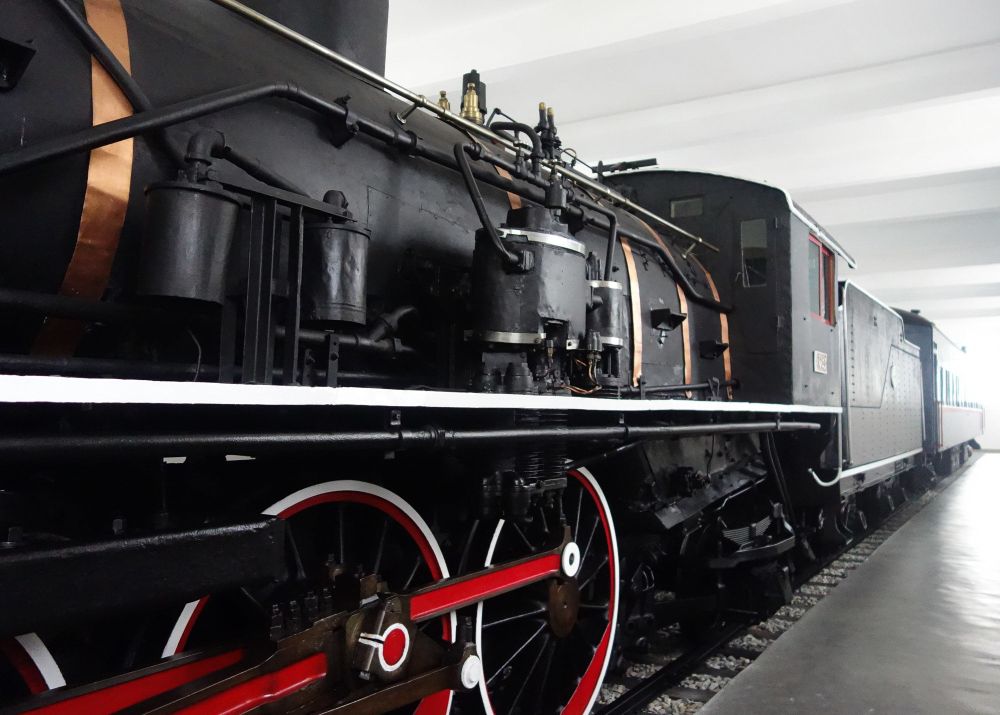

The city of Wonsan, located on the eastern coast of North Korea, is historically significant due to its role during the Korean War and the leadership of the Democratic People's Republic of Korea's (DPRK) founding father, Kim Il-Sung. The Wonsan Revolutionary Site is one of many locations throughout the country that is meant to commemorate the history and achievements of the regime's early days.
Wonsan has been a point of interest, not only for its natural beauty but also for its industrial significance and its role as a transportation hub. The city became more widely recognized as a landmark location for North Korean tourism with the establishment of the Wonsan Revolutionary Site. This site is dedicated to preserving the history of the revolution led by Kim Il-Sung against Japanese colonial rule and later against the United Nations forces during the Korean War.
Tourism in North Korea is heavily controlled and regulated by the government, focusing on areas that promote the DPRK's ideology and history. For many years, access to tourists—particularly foreign tourists—was extremely limited. Visitors who were allowed into the country were escorted by government guides and were only permitted to see what the state allowed. Over the years, the Wonsan area has seen gradual development as a tourist destination in line with the government's objectives, highlighting revolutionary history and the achievements of the leadership.
In recent years, there have been signals that North Korea is looking to expand its tourism sector and attract more foreign visitors. For instance, the Wonsan-Kalma coastal tourist area is a project aimed at transforming the region into a modern tourist destination. However, the emphasis remains on portraying the country’s ideology and promoting its revolutionary sites as points of interest.
Sustainability and Conservation: While there is little transparency about tourism policies, there is an indication of efforts toward sustainability within tourist sites to preserve their historical and cultural integrity. The preservation of the Wonsan Revolutionary Site is paramount to the DPRK—not necessarily driven by environmental concerns but by the desire to maintain and propagate the historical narrative of the country’s founding and progress.
Visitor Experience: The visitor experience at the Wonsan Revolutionary Site is carefully crafted to inspire awe and reverence for the DPRK’s revolutionary past. Tourists can expect to be guided through a series of displays and monuments that are significant to the country’s history. Presentations will likely be framed within the context of the victories and achievements of the DPRK's leadership, especially the feats of Kim Il-Sung.
Despite the development of tourism in Wonsan and its surrounding regions, potential travelers should be aware that visiting North Korea requires complying with strict rules and regulations. All tourism is state-managed, and personal freedom during visits is highly restricted. Additionally, international relations, particularly with Western nations, can complicate matters of visas and accessibility to the country.
Overall, the Wonsan Revolutionary Site represents both North Korea’s past and its potential future in tourism, highlighting how history, politics, and tourism intersect in this unique country.